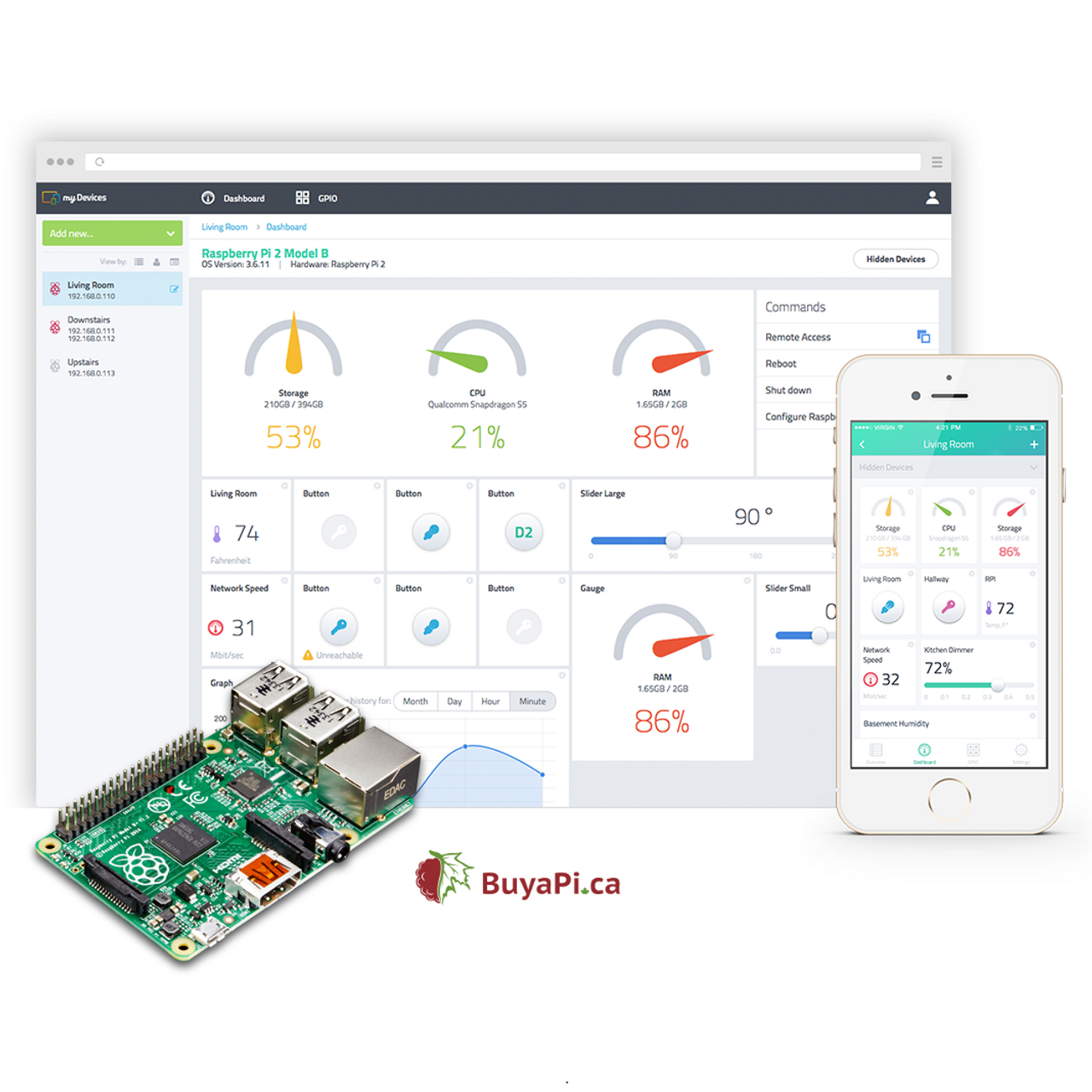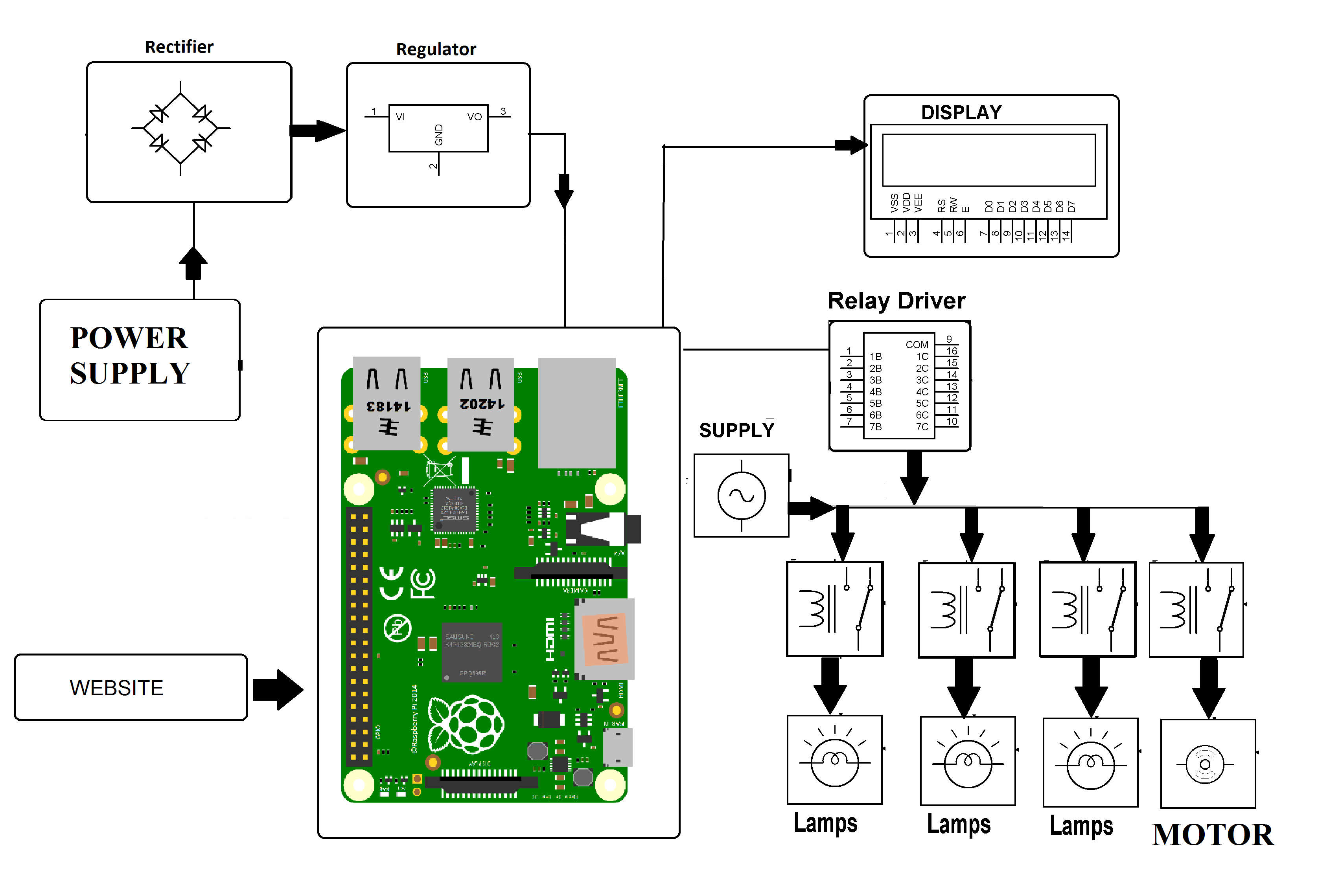Best Remote IoT Platform SSH Key Raspberry Pi: A Comprehensive Guide
In the rapidly evolving world of technology, remote IoT platforms are revolutionizing how devices interact and communicate. The integration of SSH keys with Raspberry Pi has emerged as a secure and efficient solution for managing IoT networks remotely. If you're looking for the best remote IoT platform that utilizes SSH keys on Raspberry Pi, this article is your ultimate guide.
Remote IoT platforms have become essential for businesses and individuals seeking to enhance connectivity and automation. From smart homes to industrial applications, the ability to control and monitor IoT devices remotely is critical. Among the tools that facilitate this, Raspberry Pi stands out as a versatile and cost-effective option.
This article delves deep into the best remote IoT platforms that leverage SSH keys for Raspberry Pi. We'll explore how these platforms enhance security, simplify management, and optimize performance. Whether you're a beginner or an experienced developer, this guide will provide you with actionable insights and expert recommendations.
Read also:Jenner Layla Age A Comprehensive Look At Her Life Career And Influence
Table of Contents
- Introduction to Remote IoT Platforms
- Understanding Raspberry Pi and SSH Keys
- Top Remote IoT Platforms for Raspberry Pi
- Security Features of IoT Platforms
- Step-by-Step Setup Guide
- Performance Considerations
- Comparison of IoT Platforms
- Real-World Use Cases
- Common Issues and Troubleshooting
- Conclusion and Call to Action
Introduction to Remote IoT Platforms
Remote IoT platforms are software solutions designed to manage and monitor IoT devices from anywhere in the world. These platforms offer a range of features, including real-time data analytics, device management, and secure communication protocols. For users looking to deploy IoT solutions, selecting the right platform is crucial for ensuring reliability and scalability.
Why Choose a Remote IoT Platform?
The primary advantage of remote IoT platforms lies in their ability to simplify complex IoT ecosystems. By centralizing device management, these platforms reduce the need for manual intervention and enhance operational efficiency. Additionally, they provide robust security measures, such as SSH key authentication, to protect sensitive data.
As the Internet of Things continues to expand, the demand for secure and efficient remote management solutions will only increase. Understanding the capabilities of these platforms is essential for anyone involved in IoT development or deployment.
Understanding Raspberry Pi and SSH Keys
Raspberry Pi is a compact, affordable computer that has gained immense popularity among hobbyists and professionals alike. Its versatility makes it an ideal choice for IoT projects, especially when paired with SSH keys for secure remote access.
Read also:What Is The Symbol For Euro A Comprehensive Guide To Understanding The Euro Symbol
What Are SSH Keys?
SSH (Secure Shell) keys are cryptographic keys used to authenticate users and devices during remote connections. Unlike traditional passwords, SSH keys offer a higher level of security and convenience. By using SSH keys with Raspberry Pi, users can establish encrypted connections to manage their IoT devices securely.
- SSH keys eliminate the need for passwords, reducing the risk of brute-force attacks.
- They provide a seamless user experience by automating the login process.
- SSH keys are widely supported across various platforms and operating systems.
Top Remote IoT Platforms for Raspberry Pi
Several remote IoT platforms excel in providing robust solutions for Raspberry Pi users. Below, we explore some of the best options available today:
1. AWS IoT Core
AWS IoT Core is a fully managed service offered by Amazon Web Services. It allows users to connect millions of devices and securely interact with cloud applications. With support for SSH keys and Raspberry Pi integration, AWS IoT Core is a top choice for enterprise-level IoT projects.
2. Microsoft Azure IoT Hub
Microsoft Azure IoT Hub offers a comprehensive suite of tools for managing IoT devices. Its compatibility with Raspberry Pi and SSH key authentication makes it an attractive option for developers seeking scalability and security.
3. ThingSpeak
ThingSpeak is a popular platform for IoT projects, especially among beginners. It provides an easy-to-use interface for data visualization and device management. While it may not offer the same level of customization as AWS or Azure, ThingSpeak is an excellent choice for smaller-scale projects.
Security Features of IoT Platforms
Security is a top priority when deploying IoT solutions. Remote IoT platforms employ various measures to ensure data protection and device integrity. Here are some key security features to look for:
- Encryption: Data transmitted between devices and the platform should be encrypted to prevent unauthorized access.
- Authentication: SSH keys and two-factor authentication enhance security by verifying user identity.
- Firewall Integration: Platforms that integrate with firewalls provide an additional layer of protection against cyber threats.
By prioritizing security, remote IoT platforms help safeguard sensitive information and maintain the trust of end-users.
Step-by-Step Setup Guide
Setting up a remote IoT platform with SSH keys on Raspberry Pi involves several steps. Below is a simplified guide to help you get started:
Step 1: Prepare Your Raspberry Pi
Begin by installing the latest version of Raspberry Pi OS on your device. Ensure that your Raspberry Pi is connected to the internet and updated with the latest software patches.
Step 2: Generate SSH Keys
Use the ssh-keygen command to generate a pair of SSH keys on your local machine. Save the private key securely and transfer the public key to your Raspberry Pi.
Step 3: Configure SSH Access
Enable SSH on your Raspberry Pi by running the raspi-config utility. Once enabled, test your connection by logging in using the SSH client on your computer.
Performance Considerations
Performance is a critical factor when selecting a remote IoT platform. Factors such as latency, bandwidth usage, and processing power can significantly impact the effectiveness of your IoT solution. Here are some tips to optimize performance:
- Choose a platform that supports edge computing to reduce latency.
- Monitor bandwidth usage to ensure efficient data transfer.
- Select a Raspberry Pi model with sufficient processing power for your application.
By addressing these considerations, you can ensure that your IoT solution operates smoothly and reliably.
Comparison of IoT Platforms
When evaluating remote IoT platforms, it's essential to compare their features and capabilities. Below is a comparison of the top platforms mentioned earlier:
| Platform | Key Features | Price |
|---|---|---|
| AWS IoT Core | Scalability, Device Shadowing, MQTT Support | Paid (Free Tier Available) |
| Microsoft Azure IoT Hub | Device Management, Stream Analytics, Edge Computing | Paid (Free Tier Available) |
| ThingSpeak | Simple Interface, Data Visualization, MATLAB Integration | Free (Paid Plans Available) |
This comparison highlights the strengths and limitations of each platform, helping you make an informed decision.
Real-World Use Cases
Remote IoT platforms have been successfully implemented in various industries. Below are some real-world use cases:
1. Smart Agriculture
Farmers use IoT sensors and remote platforms to monitor soil moisture, temperature, and crop health. This data helps optimize irrigation and fertilization, leading to increased yields and reduced costs.
2. Industrial Automation
Manufacturers leverage IoT platforms to monitor equipment performance and predict maintenance needs. This proactive approach minimizes downtime and improves operational efficiency.
3. Smart Homes
Homeowners utilize IoT devices and platforms to control lighting, climate, and security systems remotely. This convenience enhances comfort and energy efficiency.
Common Issues and Troubleshooting
Despite their advantages, remote IoT platforms can encounter issues. Below are some common problems and their solutions:
- Connection Errors: Verify that SSH keys are correctly configured and that the Raspberry Pi is connected to the internet.
- Data Loss: Implement regular backups and ensure that data is stored securely in the cloud.
- Performance Bottlenecks: Optimize code and reduce unnecessary processes to improve platform performance.
By addressing these issues promptly, you can maintain the reliability and effectiveness of your IoT solution.
Conclusion and Call to Action
In conclusion, selecting the best remote IoT platform for Raspberry Pi with SSH key integration requires careful consideration of features, security, and performance. Platforms like AWS IoT Core, Microsoft Azure IoT Hub, and ThingSpeak offer robust solutions for managing IoT devices remotely. By following the guidelines outlined in this article, you can deploy a secure and efficient IoT ecosystem.
We invite you to share your thoughts and experiences in the comments section below. Have you used any of the platforms mentioned in this article? What challenges did you face, and how did you overcome them? Additionally, explore our other articles for more insights into IoT technology and its applications.
Article Recommendations


